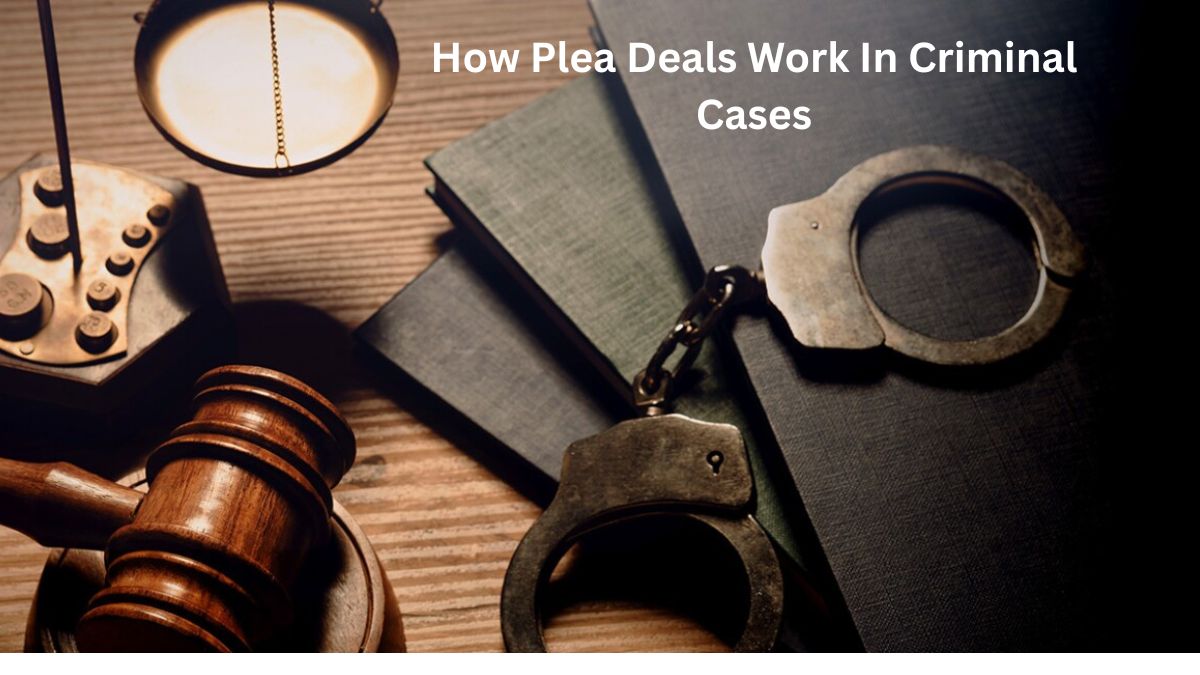Understanding plea deals in criminal cases is crucial. These agreements can save you time and stress. They often reduce charges or lessen penalties. You and your defense attorney may consider a plea deal when evidence is strong against you, or you wish to avoid a trial’s uncertainty. This process requires careful thought since your decision impacts your future.
First, know that plea deals are voluntary. You exchange a guilty plea for a lighter sentence or reduced charges. This decision involves you, your defense attorney, the prosecutor, and the judge. Each party plays a role to ensure fairness.
In some situations, plea deals provide a quicker resolution. Trials can be long and emotionally draining. Deals can offer closure and predictability. Yet, not every case suits a plea deal. Weigh the pros and cons with your defense attorney.
Plea deals simplify legal proceedings but demand of you careful consideration. Understanding them helps you make informed choices.
Types of Plea Deals
When considering a plea deal, understanding the types available helps you make informed choices. Generally, there are three main types:
- Charge Bargaining: You plead guilty to a lesser charge than originally faced. This can reduce the severity of penalties.
- Sentence Bargaining: You plead guilty with an agreement on a lighter sentence. This provides certainty in what to expect.
- Fact Bargaining: You agree on certain facts, avoiding more serious charges. This is less common but can be beneficial in specific cases.
Each type has its own benefits and risks. Discuss these with your defense attorney and legal professionals to find what suits your situation best.
Pros and Cons
Plea deals offer both advantages and disadvantages. The following table outlines some key points to consider:
| Pros | Cons |
| Reduced Sentence | Admitting Guilt |
| Less Stressful than Trial | Potential for Limited Appeal Options |
| Faster Resolution | Possibly Lesser Charges than Jury Verdict |
These pros and cons show why evaluating plea deals carefully is essential. While they offer benefits, they also carry risks that may impact your future.
The Role of the Judge
The judge plays a significant role in plea deals. Even if you and the prosecutor agree, the judge must approve the deal. They ensure the plea is fair and voluntarily made without coercion. Judges check if the agreed sentence is appropriate given the circumstances. Their involvement provides an additional layer of protection for you, ensuring justice is served.
Statistics on Plea Deals
In the United States, a significant number of criminal cases resolve through plea deals. According to the U.S. Courts, roughly 90% of cases are settled this way. This high percentage underscores their importance in the criminal justice system, providing efficiency and reducing the burden on courts.
Making the Decision
Deciding to accept a plea deal involves weighing several factors. Consider the strength of the evidence against you and the consequences of a possible conviction at trial. Discuss the implications of a guilty plea with your defense attorney. Reflect on long-term effects, such as criminal records and future opportunities. Ensure you have all necessary information to make the best decision for your circumstance.
In conclusion, plea deals play a vital role in resolving criminal cases. They can provide faster and less stressful outcomes but need careful consideration. Understanding the types, pros and cons, and the judge’s role guides you in making informed decisions. By working closely with your defense attorney and considering all aspects, you can navigate this process with confidence and clarity.






